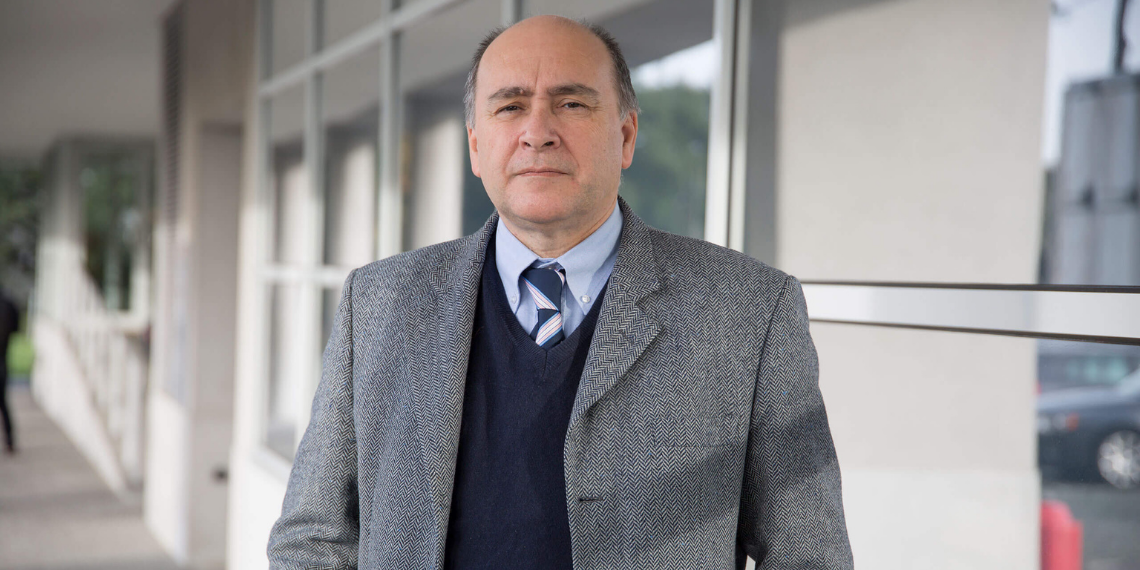The threats stemming from climate change will require the global economy and society in general to adopt a strong decarbonisation. In terms of energy, this movement will only be possible if we move towards the greater electrification of the economy, since this is the most efficient and flexible way to promote said change. The electrification will also have to be supported by the production of electricity from renewable sources. Hence, the electricity sector currently faces great challenges and opportunities resulting from the foreseeable growth in consumption and greater use of primary renewable sources, characterised by time-related variability.
However, the complete decarbonisation of Portugal’s society and economy will not be possible if we do not resort to another energy vector – Hydrogen. In fact, the need for industrial heat production, the provision of an efficient and viable solution for the decarbonisation of long-distance road transportation, maritime transportation and air transportation – plus the interest in having alternative solutions for seasonal storage of electricity from renewable sources to ensure security of supply in the electricity sector -, justify the commitment to Hydrogen from renewable sources (Green Hydrogen) as a complementary energy vector to electricity. Green Hydrogen will be produced through the electrolysis of water, using electricity from renewable energy sources – mainly wind and solar energy.
As mobility is one of the most demanding sectors regarding the use of fossil fuels, the need and urgency to decarbonise mobility is also quite clear. Therefore, the decarbonisation of land mobility largely involves electrifying these means of transportation – in particular, individual transportation, but also urban public and freight transportation. Mobility, however, features a very complex dimension, particularly in urban areas where a problem with multiple variables involving rail transportation (trains and metro), road passenger transportation (bicycles, personal vehicles and public transportation) must be optimised; a solution is the provision of integrated intermodality solutions, because a sustainable solution for mobility also means making public transportation more efficient and attractive in terms of the duration of travel times.
Thus far, natural gas distribution infrastructures have been operated only through gas injections from natural gas transmission networks, or from stand-alone units of liquefied natural gas. However, the need for the decarbonisation of this sector is leading natural gas transmission and distribution companies to design the mix of natural gas with renewable gases (biogases and/or hydrogen), and the evolution of these networks is expected to carry exclusively hydrogen – which will imply a significant investment in the reconditioning of said infrastructures.
These challenges bring great opportunities for the creation of highly qualified jobs in the energy sector, and Portugal’s has the required competencies to train the technical staff and managers of the energy system of the future. The Portuguese economy can also benefit from this scenario, to develop new products and services with high added value that will increase the country’s export capacity and wealth. All of this will only be possible by investing heavily in research, development and innovation, with universities and institutions in the scientific and technological system playing a crucial role to ensure the success of the energy transition.
By João Peças Lopes, Associate Director




 News, current topics, curiosities and so much more about INESC TEC and its community!
News, current topics, curiosities and so much more about INESC TEC and its community!